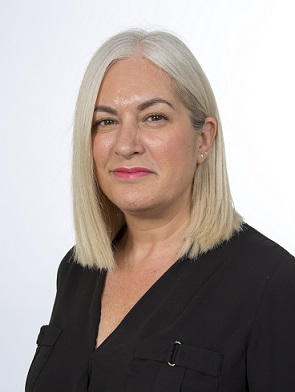Bespoke travel insurance for the zoological industry
June 15th 2016
Zoos should take every precaution when sending their staff abroad. This means having a sound travel insurance policy to cover all travel and personal accident situations.
The zoological industry is one of the most cosmopolitan in the world in that staff are frequently visiting destinations near and far in the name of research and extending business opportunities. In fact zoos are almost compelled to send staff members overseas to ensure that they maximise their capabilities and become as successful as possible. They are fully aware that their competitors are seizing opportunities to do the same. However, with that come responsibilities, not least ensuring the health and safety of their staff when they are on these trips abroad. Allied to that is ensuring that they have a robust travel insurance policy which covers a multitude of eventualities.
To that end Lycetts has worked hard to find a travel insurance policy which can give zoo companies peace of mind when sending their staff overseas. But is this really necessary? Won’t an individual’s standard travel insurance policy give adequate cover?
Before we answer those questions, consider this. The British Isles is, in comparison to many other countries across the globe, relatively benign in its social, environmental and climatic conditions. Britain functions well. Its infrastructure works and people can by and large get wherever they want, whenever they want. Medical facilities are excellent and never far away. Law and order prevails, and civil unrest on a national scale is non-existent.
Acts of terrorism – though, sadly, an ever-present spectre in this day and age – are mercifully rare, kidnap even more so. Life-threatening diseases through poor sanitation or insect transmission are also, thankfully, not issues we have to contend with. In short, it is a safe and reliable place to live and work.
Elsewhere in the world, visitors are a great deal more vulnerable to a wide range of health and safety possibilities, especially when involved in the sort of hands-on work which zoo staff are required to do. The primary corporate concern in this respect clearly has to be employees’ health and wellbeing. But zoos should also remember that commercial success and quite possibly their reputation are on the line if their staff are not properly prepared for their trip, and looked after while they are away. For that reason staff should be fully and comprehensively educated by their employer on the problems they may face abroad. And they must also have adequate travel insurance protection.
These issues are more often than not connected to health, sometimes to a serious extent in an area where there is poor sanitation and endemic disease might be rife. Then there’s the prospect of staff falling victim to acts of violence or theft. That is why a dedicated team at Lycetts have searched high and low and negotiated for a travel insurance policy which protects against all but the most extreme eventualities, such as nuclear, chemical or biological warfare.
Of course there is the very, very faint chance that an employee could be kidnapped and held hostage – and protection against that course of events is included in the policy – but that is more likely to affect those in, say, the oil industry. What is far more likely, and therefore more relevant, is the likelihood of employees falling ill, sometimes severely so, which can result in absence from work and profitability. Without the correct cover, it could also be enormously expensive.
In the more severe cases, repatriation may be necessary. This, without the proper cover in place, is a hugely expensive and complex – not to say traumatic – process. Cancellations and rearrangements invariably end up causing immense hassle and high expenses; again, situations of this nature are covered in the travel insurance policy.
So, in answer to the two questions posed earlier: yes, a bespoke travel insurance policy to ensure that zoo staff are adequately covered is absolutely necessary, and no, a standard travel insurance policy will not suffice!
I should also mention that the commercial policy which Lycetts offers solely to British and Irish Association of Zoos and Aquariums (BIAZA) members will automatically include travel insurance cover free of charge.
It is important, therefore, that when a BIAZA member’s commercial policy falls due for renewal they should call us.
For further information, contact David Still at Lycetts on 0191 232 1151.










